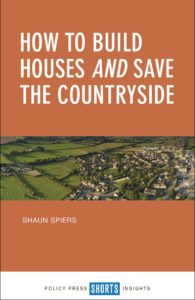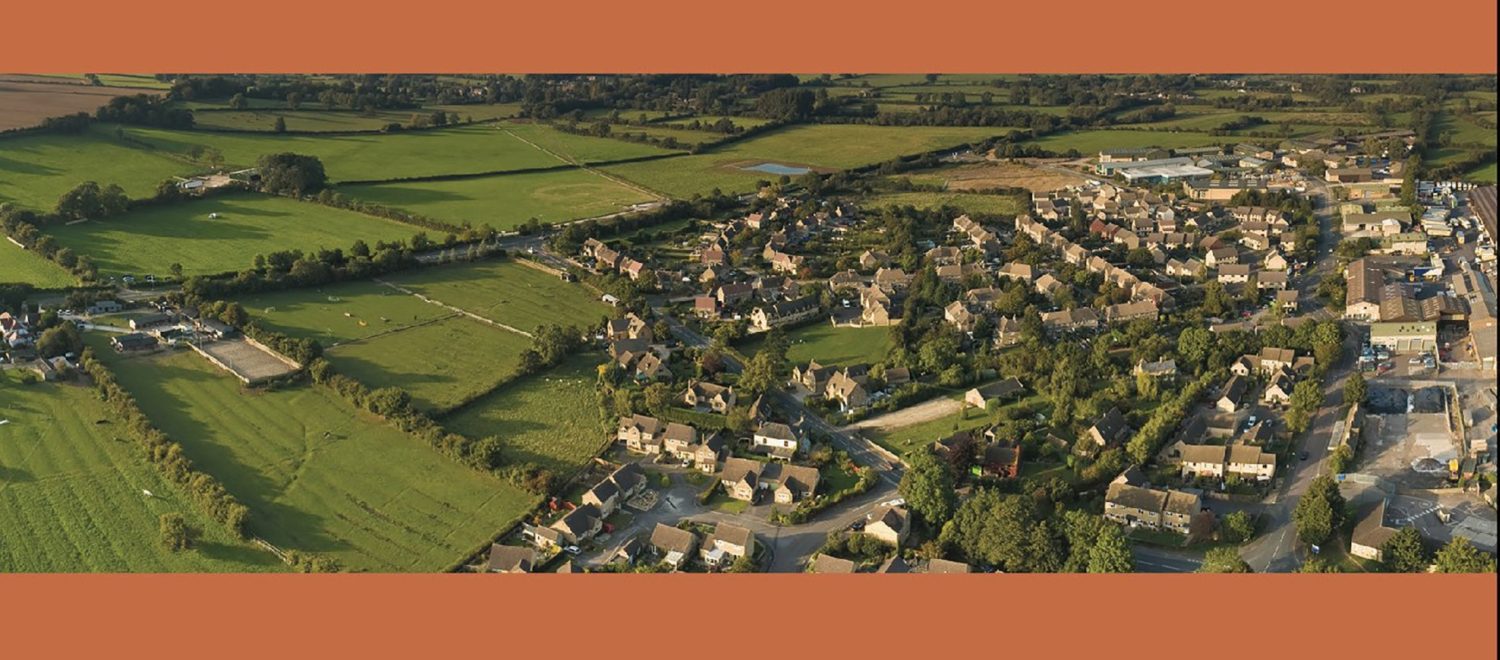A vision to plan for
HYWEL LLOYD reviews Shaun Spiers’ How to Build Houses and Save the Countryside.
 I like books like Spiers’. They are clear, thoughtful and methodical in exploring the issues, interrogating where we are and how we got here; and then having diagnosed the issues, they offer thoughtful prescriptions for a way forward that could deliver.
I like books like Spiers’. They are clear, thoughtful and methodical in exploring the issues, interrogating where we are and how we got here; and then having diagnosed the issues, they offer thoughtful prescriptions for a way forward that could deliver.
Among many issues Spiers highlights are the loss of legitimacy of planning as a means to create and sustain the very places we all want to live in; the disconnect between housing numbers and the ‘need’ for homes; while also making the important distinction between ‘need’ and demand. He highlights the relatively weak position of local (planning) authorities, under serious financial pressure as well as under resourced compared to bigger house-builders.
Spiers’ proposition is that we can build and save the countryside, on the basis that trust can be rebuilt between neighbours of impending development, planners and to some extent developers too, to join in a mission to build the right home, of the right quality in the right place. He proposes six principles for a better system:
- A brownfield target, within urban areas (60 per cent)
- Building positively on greenfield sites, outside of urban (40 per cent)
- Location and scale of development to be led by the local (planning) authority
- Sustainable design and planning for the location should enhance the setting
- Land assembly and land value capture to bring together and reflect a fair distribution of the (new) value of the land for build
However, Spiers also recognises that these principles are barely being attended to under the current framework for housing and house building.
Which brings to mind my own nagging question. My 2017 was mostly spent as part of a team, at IPPR, that brought housing, environmental issues and infrastructure practice together. One of our early insights was in the comparison between the energy and housing sectors. There are few UK energy practitioners who don’t understand energy is transitioning to become more digital, lower carbon and less centralised – the only questions are speed of change and degrees of these outcomes.
For housing, it is difficult to know where the sector is heading. The government white paper, Fixing our Broken Housing Market, confirmed what most housing practitioners know: the housing market is broken. Yet, it is unclear whether the sector as whole has a shared understanding of the need to be affordable, to decarbonise and to embed new technology – be that digital, green or modular off-site construction. Too many elements of the current broken system appear to satisfy enough parties for any change, or clarity of purpose, to emerge.
As Spiers rightly points out, there is a big difference between an approach to housing that seeks to meet demand and one that seeks to meet need. Our demands and desires for homes, and the nature of houses as assets (in the UK at least), play out our wealth and ambition, yet are untenable when land is inherently limited, particularly in places of ‘high demand’.
However many homes we need, the country and its people also need to reduce our climate impacts, improve our adaptation to extreme weather, manage our land for people, nature, food and water, and sustainable growth of our economy.
Spiers’ final observations of the need for local authorities to borrow, for supply to be diversified, for taxes that affect housing to be revisited, for standards to rise, for the greenbelt to be greened, and a civic house building revival (aka the Shelter plan), set in a strategic plan are right, with one caveat.
Yes we need to plan, but first we need a vision to plan for. A vision that honours and respects the place we have, and how they will become the places will want in the years to come; that honours those that are there and strengthens the local voice in the future of our places. And such a vision must start with a devolution settlement for the whole of England, from town and parish up.

